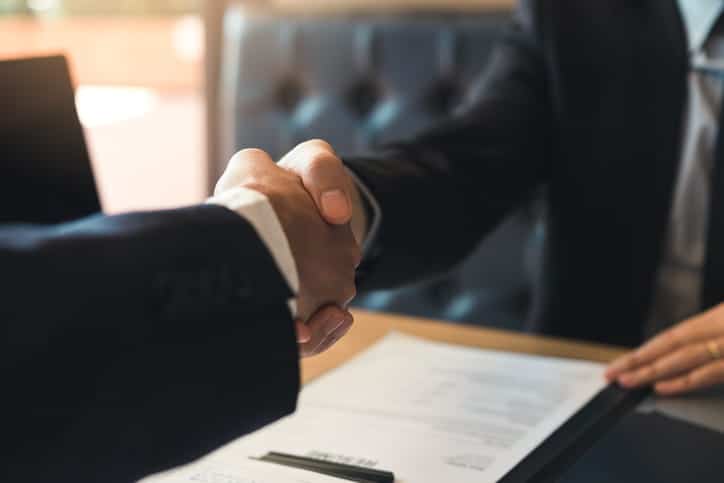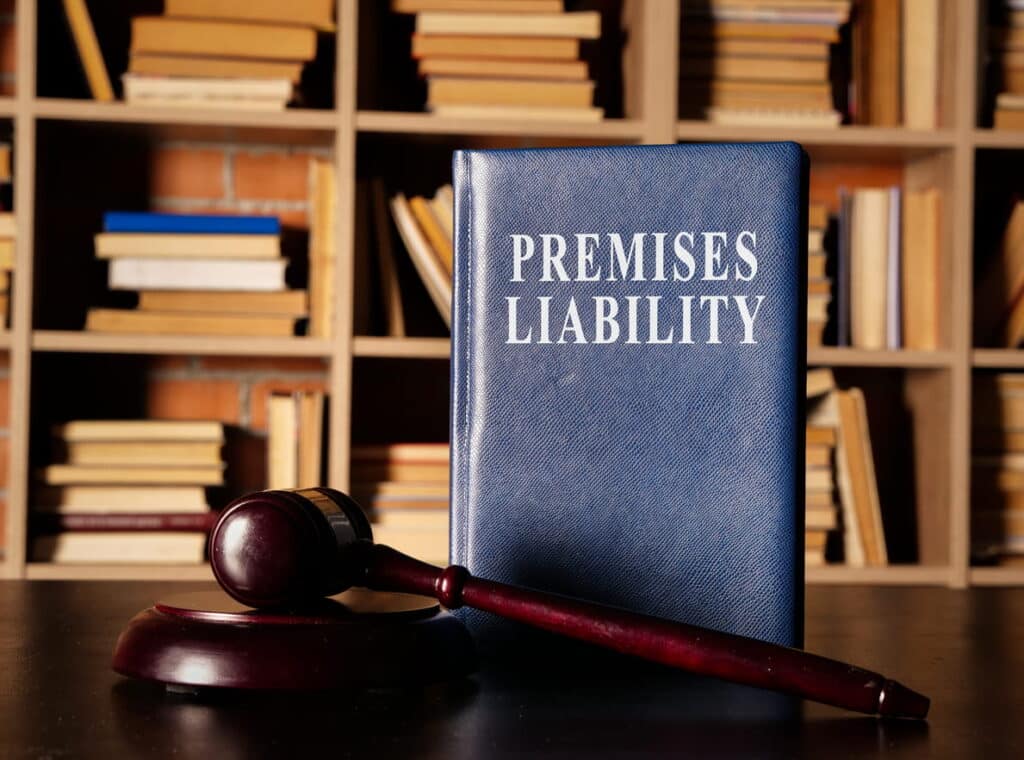If you were unfortunately hurt on someone else’s property, you might be able to seek compensation for your injuries by filing a premises liability claim with an experienced team of Las Vegas premises liability lawyers. Premises liability is a legal concept where a property owner may be held liable for an individual’s injuries, assuming those injuries occurred on the owner’s property.
Premises liability claims can take on many forms, cover various damages, and require specific criteria to be met for a successful claim. Understanding the many factors that go into a premises liability claim can help you strengthen your case as you seek the justice you deserve.
GET YOUR FREE PREMISES LIABILITY ACCIDENT CONSULTATION
NO FEES UNLESS WE WIN!
At Adam S. Kutner, Injury Attorneys, our team offers years of experience in premises liability cases
What is premises liability?
The concept of premises liability holds the property owner accountable for an injury you sustain while on their property. Premises liability can apply in both private residences and public spaces. However, several factors need to be met for an individual to have a successful premises liability case.
In general, if you suffer a personal injury on someone else’s property, you may be entitled to compensation for your injury, pain and suffering, and other losses. However, it’s important to establish a property owner’s duty of care to determine whether their breach of duty caused your injury.
In order for you to bring forward a successful premises liability lawsuit, you must be able to prove the following:
- There was a dangerous condition that existed on the premises
- The property owners should have known about this dangerous or hazardous condition
- An accident occurred, and the accident was the result of the dangerous or hazardous conditions on the property
- The victim sustained injuries and other damages because of the accident
Premises liability for accidents
Public and private properties are subject to premises liability laws. Property owners or occupants may be liable for injuries occurring on their property. Speaking to a Las Vegas premises liability lawyer is the best way to determine if the property owner or occupant leasing the property is liable for premises liability injuries.
Hotel injury
The global hotel industry generates hundreds of billions in revenue annually, with experts forecasting $410 billion in revenue in 2023 and projecting that 1.33 billion guests will generate over $483 billion in 2027.
Hotels combine public and private spaces, including hotel rooms, gym facilities, lobbies, restaurants, meeting rooms, and event spaces. Outdoor facilities can include swimming pools, parking lots, and gardens. Hotel accidents involving guests can occur in any of these spaces. Examples of hotel injuries include the following:
- Drowning or near drowning: Inadequate pool supervision can lead to pool-related accidents, including drownings or near drownings
- Elevator or escalator injuries: The Centers for Disease Control and Prevention (CDC) reports that elevator and escalator accidents injure approximately 17,000 people annually and claim dozens of lives
- Food poisoning: Foodborne illnesses affect millions annually. Severe cases require hospitalization, and approximately 3,000 people die annually from foodborne illnesses.
- Slip-and-fall injuries: Wet surfaces, damaged flooring, loose mats, and objects on the floor can cause people to slip, fall, and suffer an injury. Spinal cord and traumatic brain injuries are examples of common slip-and-fall injuries.
Whether you’re injured in your suite’s bathroom or have an accident at the hotel gym, you may have grounds to pursue a settlement if the hotel’s negligence caused your accident. Hotels are motivated to resolve settlements through negotiations to avoid public attention, which can affect their business’s reputation with existing and potential clientele.
Casino injury
Casino operators must maintain safe premises to prevent injury accidents. Casino operators may be liable if they fail to uphold their duty of care to casino guests. Casino operators could be responsible for injuries for several reasons, including failing to repair defective slot machines, providing adequate lighting, or installing safety features, such as handrails on staircases.
Casinos have unique security concerns. Large gambling venues can generate millions in daily revenue. Winners could be departing with hundreds or thousands in cash. Casinos have a responsibility to provide adequate security for guests. Failing to provide sufficient protection can be grounds for a liability suit if a person is injured in an assault or robbery.
Like hotel owners, casino owners are also motivated to resolve lawsuits by negotiating settlements. Resolving claims out of court enables them to avoid raising public concerns about their safety. Victims of casino accidents should talk to a premises liability lawyer about how to file a lawsuit against a casino to ensure they prepare a strong case.
Airport injury
Millions of visitors pass through Harry Reid International Airport each month. Guests arriving and departing expect clean premises, sufficient security, and safe facilities. Airports can be liable for injuries if their negligence causes accidents.
Suppose you entered the airport during a rainstorm and the staff had yet to attempt to remove standing water inside the doorway or place wet floor signs to alert visitors to the hazard. You may have grounds for a premises liability case if you slip on the floor, hit your head, and suffer an injury.
Airport guests may have claims against other passengers if their conduct causes an injury. However, there may be grounds for shared liability if airport security fails to take appropriate steps to stop a passenger from engaging in unsafe behavior. A premises liability lawyer can investigate, gather evidence, and determine who’s liable for your injuries.
Airbnb injury
Airbnbs are a popular alternative to hotel accommodations. Guests rent a suite or house where they can sleep, entertain, relax, and eat. Some Airbnbs come with appealing amenities, such as fireplaces and pools.
Airbnb owners must provide safe facilities to avoid liability for accidents. Still, their level of responsibility may differ from a hotel’s. Suppose you rent an Airbnb that has laundry facilities. You spill water on the floor, slip and fall, and hit your head. The Airbnb owner may not be liable for your injury because you created the circumstances leading to your accident.
However, suppose the floor was wet because the washing machine leaked. In that case, the Airbnb owner may be liable for your accident if their failure to repair damaged equipment led to your injuries. Additionally, issues related to pet policies in Airbnb rentals can also impact liability and safety considerations.
Dog bite injury
You may have grounds to sue a dog owner if their dog harms an animal, person, or property. Dogs can be declared dangerous if they’ve demonstrated unsafe behavior in the past, and dog owners may be liable even if their dog hasn’t previously caused injuries or property damage.
Dogs don’t get an automatic pass if the incident occurs on their owner’s property. Suppose a dog owner posts a “Beware of Dog” sign on their property. The dog bites a guest, causing severe injuries. The dog wasn’t provoked, and the attack seemed random. A personal injury lawyer can argue the sign is evidence that the dog’s owner knew their dog was unsafe and failed to take appropriate steps to prevent the dog from harming guests.
Levels of care for property owners
As developed in Nevada statute 41.141 for comparative negligence, not all property owners can be held liable for a personal injury on their property.
Nevada premises liability requires that before establishing a premises liability case, it’s important to understand your status on the property. Nevada’s premises liability law looks at your status to determine the level of care a property owner must extend. Individuals can be one of three statuses on public or private property. They include being an invitee, a licensee, or a trespasser.
Invitees
This status is reserved for individuals who are invited onto a property for the commercial benefit of a property owner. This includes individuals entering a grocery store, shopping center, or other retail business. Property owners owe invitees the highest degree of care.
Essentially, if there are any potential dangers or hazards, the property owner must clearly display warnings about these hazards. Additionally, mandatory inspections must take place to identify and remedy any risks. Because of this, property owners may be held liable if a danger or hazard existed, they did not fix it, and it resulted in an accident.
Invitees are more prone to certain injuries, including slips and falls, falling objects, and faulty equipment, including stairs, escalators, elevators, and other hazards.
Licensees
Individuals, including friends, family members, and any other social guests, fall under the classification of a licensee. Unlike invitees, licensees are invited onto a property by the owner for non-commercial purposes.
Common examples of licensees are friends and family members who visit the private residence of a loved one after being invited. In this case, property owners are expected to remedy any hazards and dangerous conditions but are not liable for dangerous or hazardous conditions they are unaware of. The liability standard regarding licensees is much lower for property owners than invitees.
One of the more common types of premises liability claims involving licensees is dog bites. Property owners who know their dog poses a threat may be liable if their dog bites one of their guests.
Trespassers
This status refers to anyone who comes onto an owner’s property without an invitation. In this case, a property owner has a much lower liability standard toward the trespasser, if any at all. Typically, trespassers cannot have a strong premises liability case if they come onto a property without the owner’s permission.
Types of premises liability claims
Liability claims can be incredibly varied and depend on the type of property you are on as well as the type of injury sustained. Specific types of properties can usually produce more common types of injuries. For example, swimming pools, shopping malls, and amusement parks each pose unique risks of injury. While certain liability claims might be more common than others, premises liability claims can vary and can include the following:
- Slip-and-falls due to hazardous floor conditions, poor lighting, and other obstructions
- Pedestrian accidents due to uneven pavements
- Escalator and elevator accidents and injuries
- Injuries on stairs
- Falling objects and other hazards
- Fires
- Inadequate security measures or lack of security
- Accidents in amusement parks
- Spinal cord injuries, drownings, and other injuries at swimming pools
- Accidents caused by other negligence
- Crowd crush and stampede injuries
Common places where accidents occur
Because property owners of commercial facilities have a higher duty of care when it comes to invitees, these typically are common areas where accidents occur and premises liability claims stem from.
At Adam S. Kutner, our skilled premises liability attorneys have experience handling premises liability claims in various settings. Common places where premises liability claims arise include the following:
Swimming pool accidents
Swimming pool accidents and fatalities remain to be one of the most common premises liability claims individuals seek. While swimming pool accidents can occur for a variety of reasons, younger patrons are often the most susceptible to swimming pool accidents and drownings.
According to the Centers for Disease Control, drowning is the leading cause for children under the age of four, with an annual rate of 4,000 fatal drownings occurring each year. For kids aged 5 to 14, drowning is the second leading cause of unintentional injury or death following motor vehicle accidents.
Amusement park accidents
Premises liability claims involving amusement parks are also quite common for young children, teens, and adults. Faulty amusement park rides, uneven pavement, poor signage, and other hazards can cause individuals to suffer both minor and major injuries.
Elevator and escalator accidents
Commercial facilities with either escalators or elevators on site are more likely to be subject to premises liability claims. Both escalators and elevators can pose risks because they tend to malfunction more than any other feature of a public space.
When filing a premises liability claim involving an elevator or escalator accident, it’s common for plaintiffs to seek compensation from the product’s manufacturer as well.
Compensation in a premises liability claim
When filing a premises liability claim, plaintiffs are entitled to compensation as they would be in a general personal injury lawsuit. Plaintiffs can generally seek economic and non-economic damages for their injuries. In some cases, punitive damages can be awarded as well.
Economic damages refer to the tangible, calculable losses you suffer because of your injury. These types of damages can include but are not limited to the following:
- Loss of income
- Loss of earning capacity
- Hospital bills
- Ongoing medical bills
- Loss of property
Non-economic damages refer to incalculable losses an individual sustains because of the injury. These types of damages include but are not limited to the following:
- Pain and suffering
- Mental anguish
- Trauma
- Loss of consortium
What to do after an accident on someone else’s property
If you’ve been injured on someone else’s property, it’s important to act quickly in order to obtain the necessary evidence to prove your case. No matter where your injury occurs, make it a point to do the following after sustaining a personal injury:
Learn More about Construction Accident Liability
Report the accident
Immediately following your accident, make sure to alert the property owner. Take down the property owner’s information and share a written statement of what happened. Be sure to get a copy of their written statement as well. If you were injured while on the job, you may be able to seek worker’s compensation.
Get medical treatment
Get the care you need following an injury on someone else’s property, and be sure to keep up with all your appointments and recommended treatments. Additionally, make it a point to collect documentation of your medical treatment, including statements from doctors or physicians you work with.
Collect evidence
Presenting evidence of your premises liability claim can be essential to winning your case. Take pictures of all your injuries and collect documentation showing the extent of your injuries, including any medical treatment you received and any other documentation that pertains to your accident.
Additionally, make it a point to contact the property owner and get a hold of any surveillance footage that shows your accident. In some cases, working with an experienced personal injury lawyer can prove beneficial in helping you secure the evidence you need.
Speak with an experienced liability attorney
Working with a dedicated and experienced premises liability lawyer in Las Vegas can prove invaluable in helping you navigate your case. Many elements go into a premises liability claim, and an attorney with a reputable track record can help ensure your claim is well supported with pertinent evidence.
Be careful about what you say online
Posting the details of your personal injury online can be therapeutic for your mental health and recovery process, but it can also be detrimental to your premises liability claim. Avoid posting any details, personal reactions, or other information involving your personal injury. This could be used against you and diminish your claim.
Turn to our premises liability lawyers for help

If you’ve unfortunately been injured on the premises of a negligent property owner, you may be entitled to compensation. Contact the experienced team at Adam S. Kutner, Injury Attorneys, for a free case consultation today.
Areas We Service in Las Vegas, Nevada
Henderson | Anthem | Summerlin | Paradise | Summerlin North | Summerlin South | Sunrise Manor | Nellis AFB | Desert Shores | Downtown South | Charleston | Richfield | Crestwood | Angel Park Ranch | Queensridge | Casa Grande Pines | Winchester |

Las Vegas Premises Liability Testimonial
“Everybody was really good about keeping me updated
The whole staff was very friendly, And provided great customer service. I’m happy with this Office.”
START YOUR FREE CONSULTATION
NO FEES UNLESS WE WIN!
SE HABLA ESPAÑOL
Call Now! Free Consultation!

Adam S. Kutner
PERSONAL INJURY LAWYER
With more than 34 years of experience fighting for victims of personal injury in the Las Vegas Valley, attorney Adam S. Kutner knows his way around the Nevada court system and how to get clients their settlement promptly and trouble-free.












